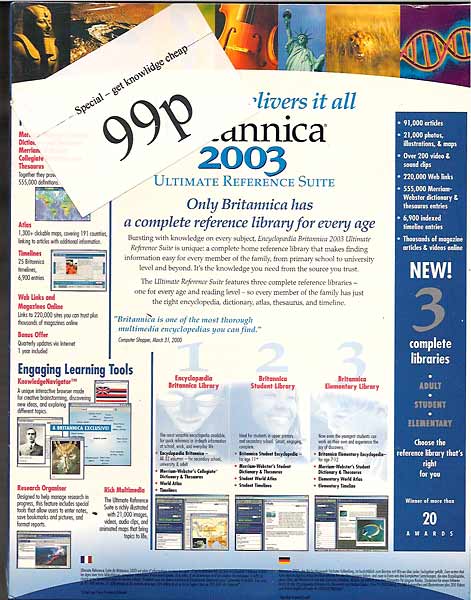This is the best piece published today. Boris Johnson rides to the rescue of Bernard Matthews, the firm which has just been obliged to slaughter 160,000 prime turkeys in an attempt to stamp out bird flu.
As soon as I arrived at work this morning I told the troops their duty. This is it, I said. The Russians have banned our turkey. The pathetic Japanese have slapped an embargo on any poultry emanating from this country. South Korea, Hong Kong and South Africa are all equally chicken about our chicken.
We are the second largest poultry exporters in Europe, I reminded them, with a £300 million business at stake. Here we are, in the cockpit of the nation, and the people expect us to show a lead. It is a time for greatness, a time for calm, a time for reassurance – and we are going to show all three.
I reached for my wallet and fished out twenty. “Frances,” I said, “go to the supermarket and buy as many slices of Bernard Matthews as you can find. Someone somewhere has got to show that the great British turkey is safe to eat! And that someone is going to be us.”
In no time she was back, laden with an extraordinary assortment of meat and meat-related produce. As we beheld the bewildering versatility of Mr Matthews’s fowls, I felt a spasm of rage that the people of South Korea – where they eat poodles, for heaven’s sake – should turn their noses up at the favourites of the British people.
It gets better.
We had Bernard Matthews wafer thin turkey ham, 95 per cent fat free. We had a perfectly cylindrical Turkey Breast Roast, serving three or four. Mr Matthews’s chefs had miraculously added water, potato and rice starch (and about 20 nourishing chemicals) to what the front of the packet said was “100 per cent breast meat”. We had delicious golden turkey escalopes, containing as much as 38 per cent turkey.
Not to forget the Matthews product containing
a mixture of turkey skin, pea starch, milk, potassium chloride, sodium nitrite and assorted other life-giving ingredients, boiled up and turned into a sliced roll complete with a beautiful picture of a dinosaur. Look! I held up the Dinosaur, showing how it ran all the way through, like a stick of rock.
Lovely!
Footnote: I have never knowingly eaten anything produced by Bernard Matthews. Indeed, I would cross the street to avoid walking past a shop that stocked his products.

